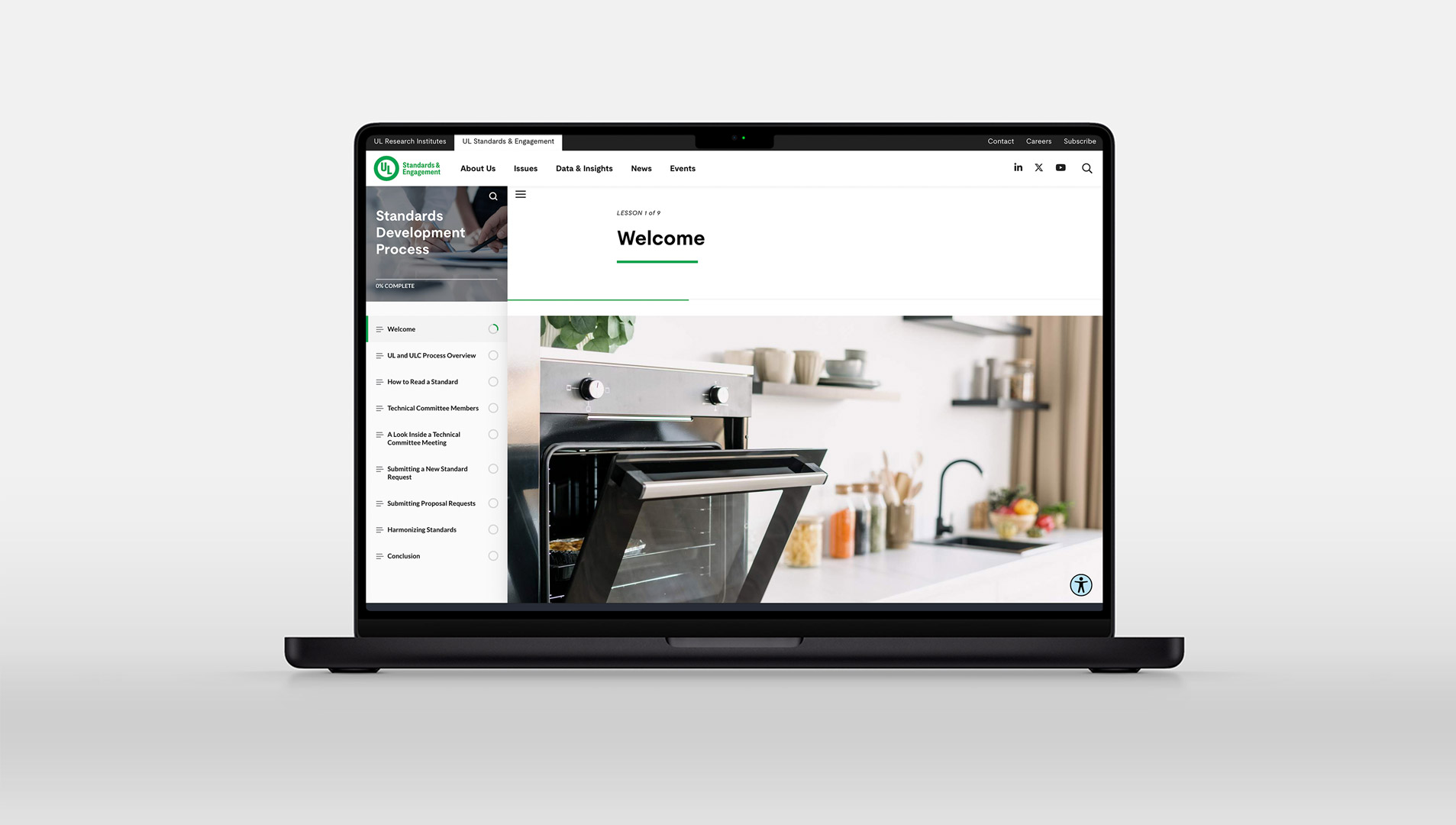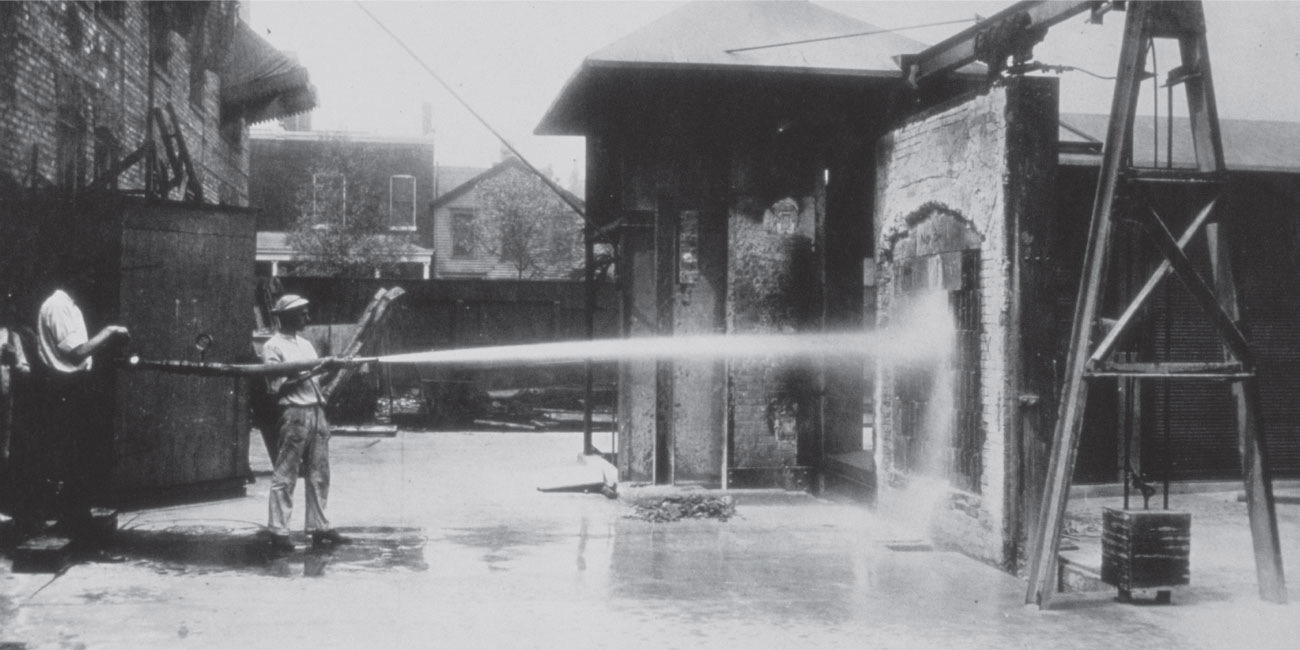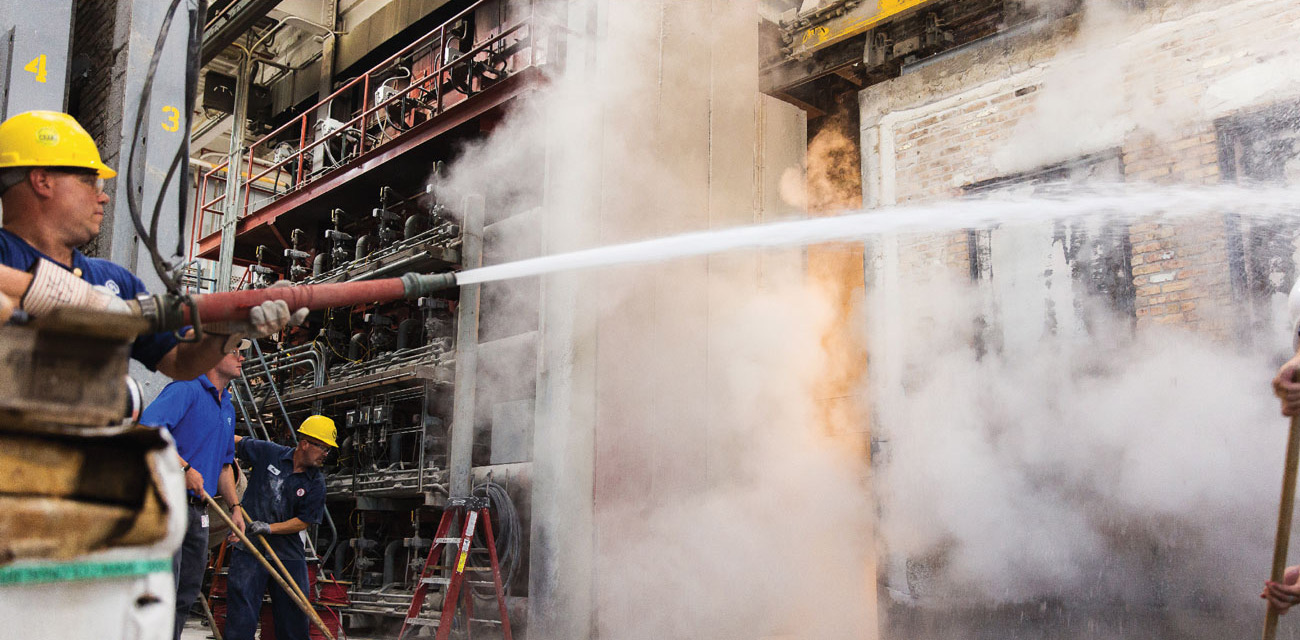
Safety standards document the processes used to test products, systems, services, or environments to ensure they help mitigate risks, prevent injuries, and reduce hazards. ULSE creates these standards through a consensus-driven process led by technical committees — volunteer teams of experts who analyze data, consider expert opinions, and engage in deliberation to establish and publish standards.
This process is informed by scientific research, sometimes including studies conducted by UL Research Institutes, as well as other laboratories and institutions. ULRI researchers contribute fundamental insights into the safety and environmental impacts of emerging technologies, and their findings can shape the development of ULSE standards. Sometimes, ULRI scientists directly participate on technical committees or provide critical research to guide decision making.

How ULRI research is working to make a safer future
3D Printers
Standards help reduce the health impacts of harmful chemicals from everyday items like 3D printers. As 3D printing became widespread, concerns emerged about its environmental and health effects. A two-year study by ULRI’s Chemical Insights Research Institute and the Georgia Institute of Technology found that 3D printers emit ultrafine particles and more than 200 volatile organic compounds, some linked to irritation and cancer. These findings informed ANSI/CAN/UL 2904, the Standard Method for Testing and Assessing Particle and Chemical Emissions from 3D Printers.
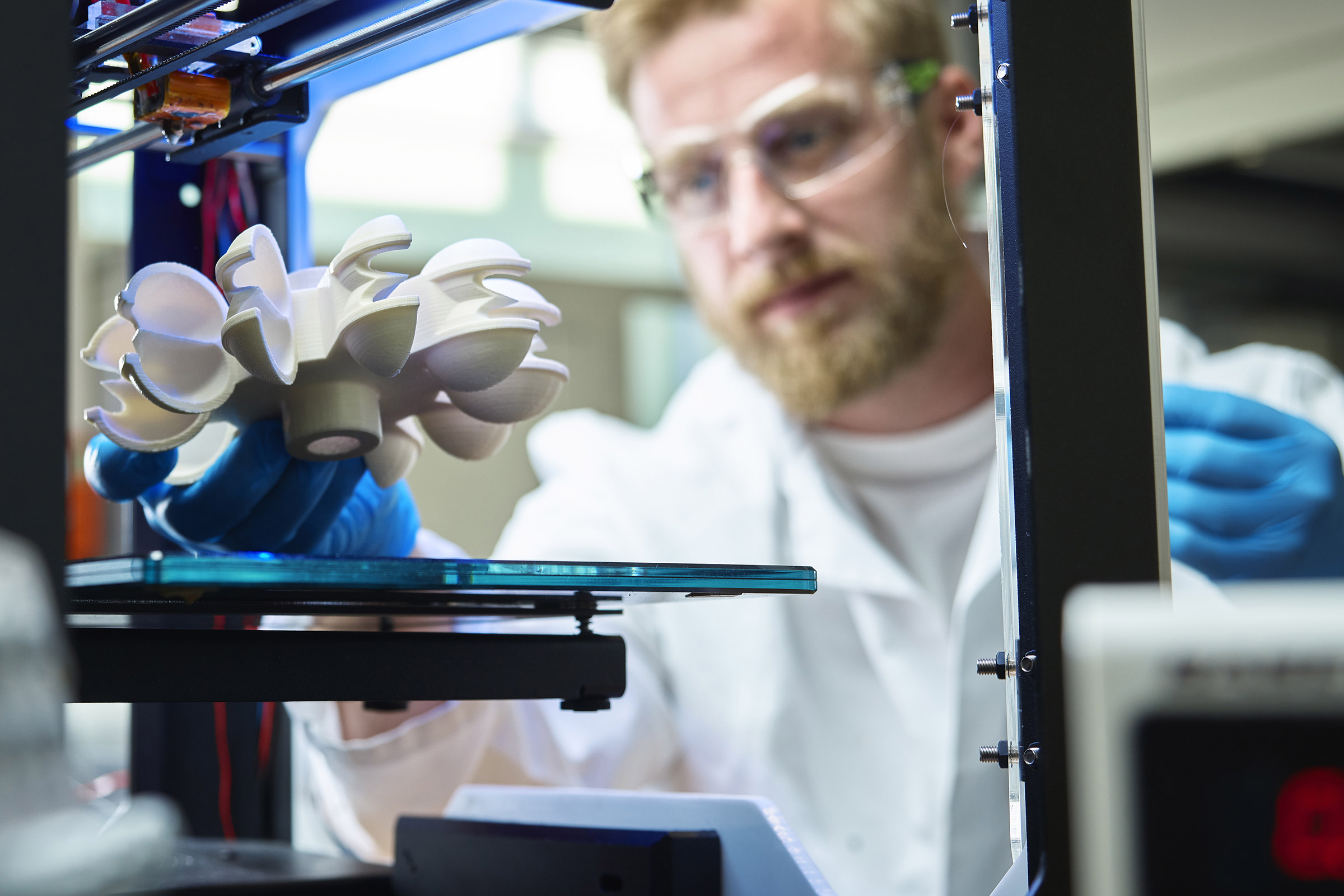
E-Bikes
E-bike sales surged 269% from 2019 to 2022, increasing fire risks, especially from aftermarket batteries and chargers. ULRI’s Electrochemical Safety Research Institute studied thermal runaway causes, while the Fire Safety Research Institute tested fire behavior. Their findings helped shape UL 2272, the Standard for Electrical Systems for Personal E-Mobility Devices, and UL 2849, the Standard for Electrical Systems for eBikes. In 2023, New York City mandated certification to these standards for all e-mobility devices sold, leased, or distributed in the city.
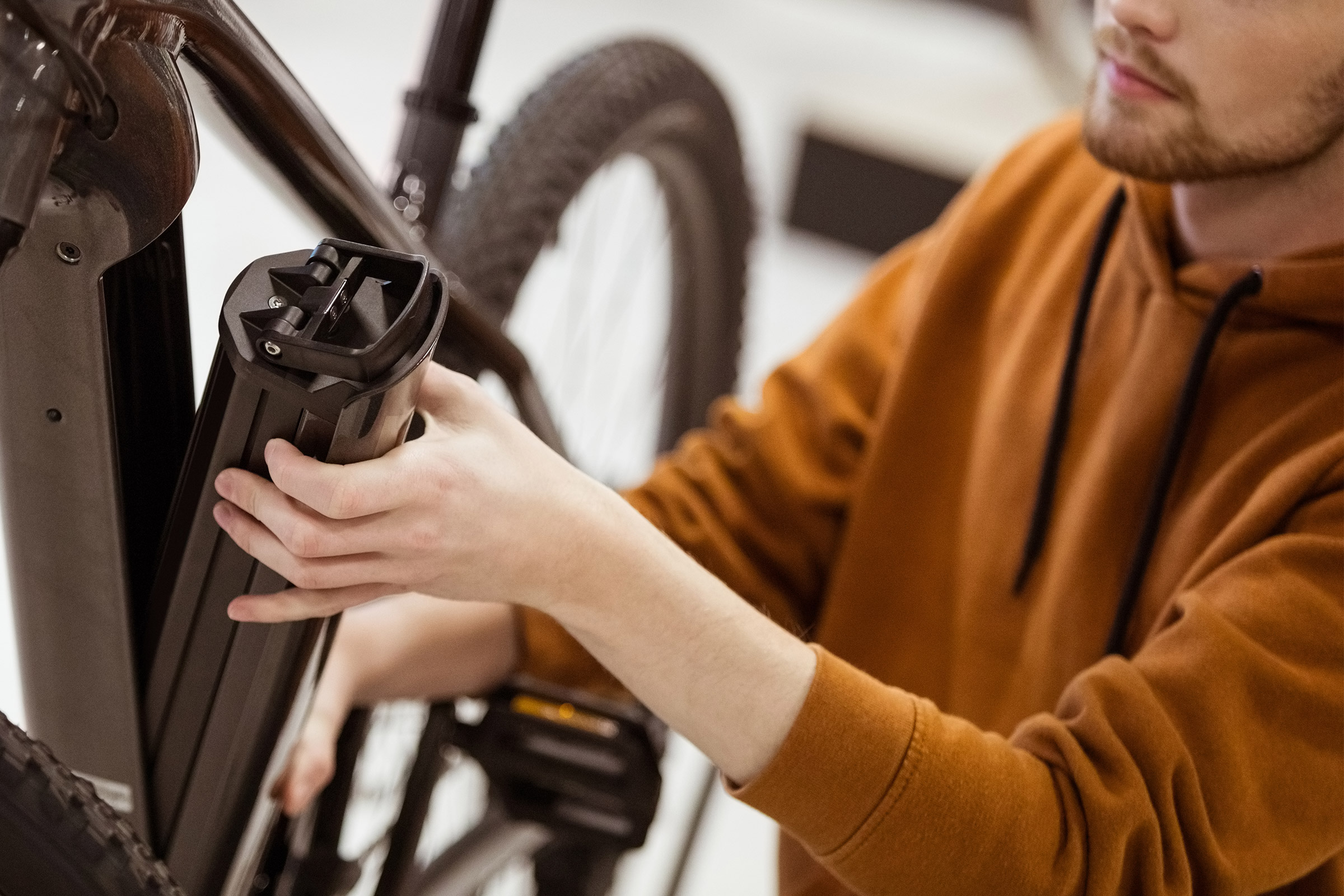
Wildland-Urban Interface Fires
Standards are often preceded by safety guidelines offering initial public guidance. Expanding residential development into wilderness areas has introduced the “wildland-urban interface,” a new fire hazard where wildfires impact homes and cause widespread water and air contamination. FSRI studied these effects through post-fire investigations and lab experiments. Its findings informed ULSE’s UL 200C, a guidance document on mitigating WUI fire health impacts, which may later evolve into a safety standard.
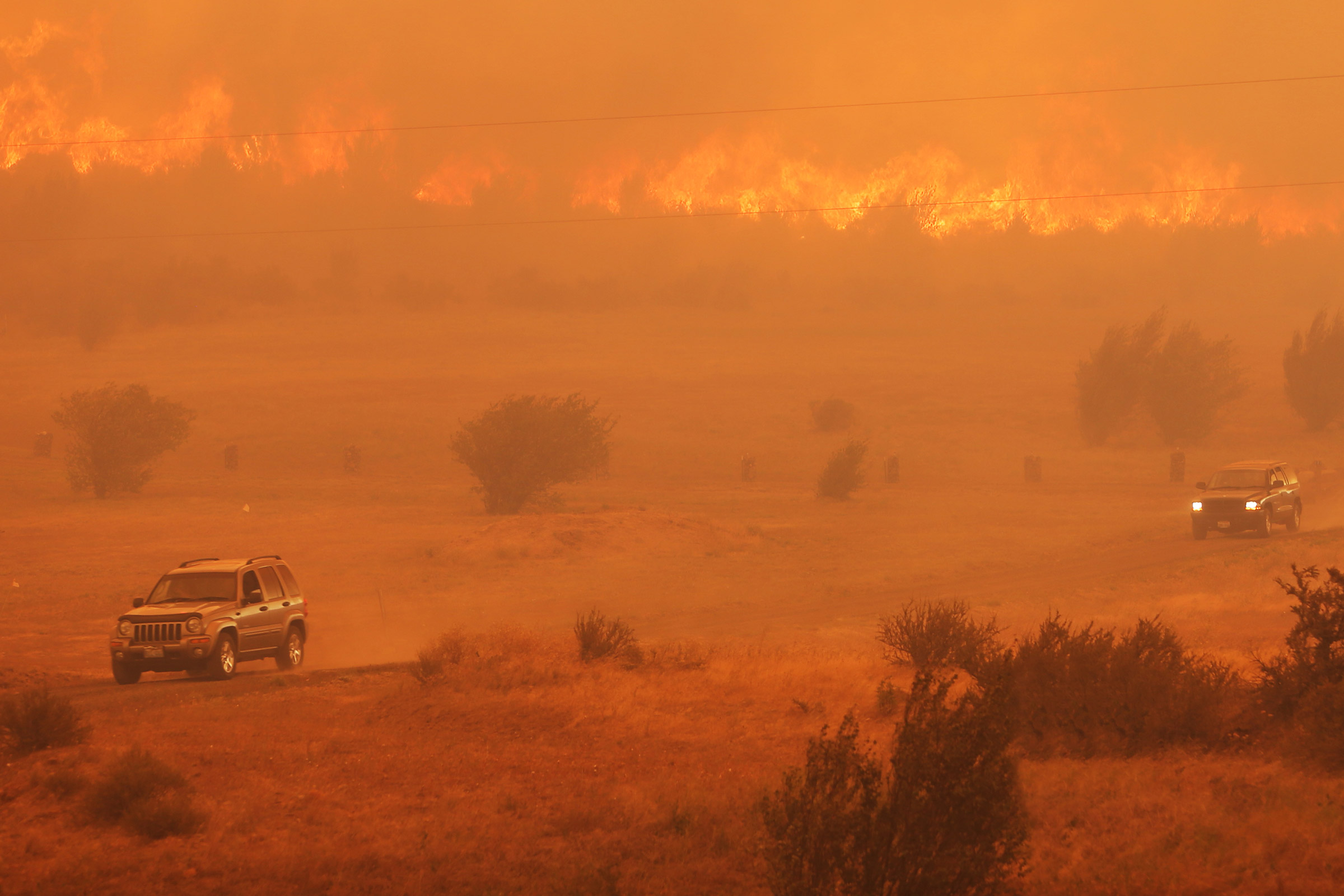
1000
ULSE Standards
While widely known for working with safety standards, ULSE also develops a wide variety of standards to advance environmental health and sustainability. ULSE now has more than 1,700 standards and documents in its library, and new standards are continuously being developed.


The research led by UL Research Institutes tackles global challenges, laying the groundwork for future safety standards, industry regulations, and greater public awareness. The research institutes of ULRI are Chemical Insights, Electrochemical Safety, Fire Safety, Digital Safety, Materials Discovery, and Research Experiences & Education. They focus on building resilience for a sustainable future, advancing individual and societal health, and promoting safety at the human-digital interface. ULRI drives meaningful impact through science. Researchers not only contribute to innovation but also share their expertise worldwide, at times informing the development of ULSE standards. ULRI also fosters the next generation of safety science leaders by hosting student-interns, GEM Fellows, and professionals from diverse fields who are passionate about creating a safer world. Discover more about ULRI and career opportunities at UL.org.

At UL Standards & Engagement, standards are developed through a consensus-based process which integrates scientific and testing expertise with input from technical committee members and stakeholders. A technical committee is a group of individuals representing a variety of interests, including consumers, manufacturers, supply chain professionals, international delegates, and more. Technical committees review proposals for new or revised standards, provide comments, and work together to achieve consensus through balloting in a fair and transparent process accredited in the United States by the American National Standards Institute and in Canada by the Standards Council of Canada. Learn more at ULSE.org.
To learn more about how technical committees function, check out this interactive training module on technical committees.

